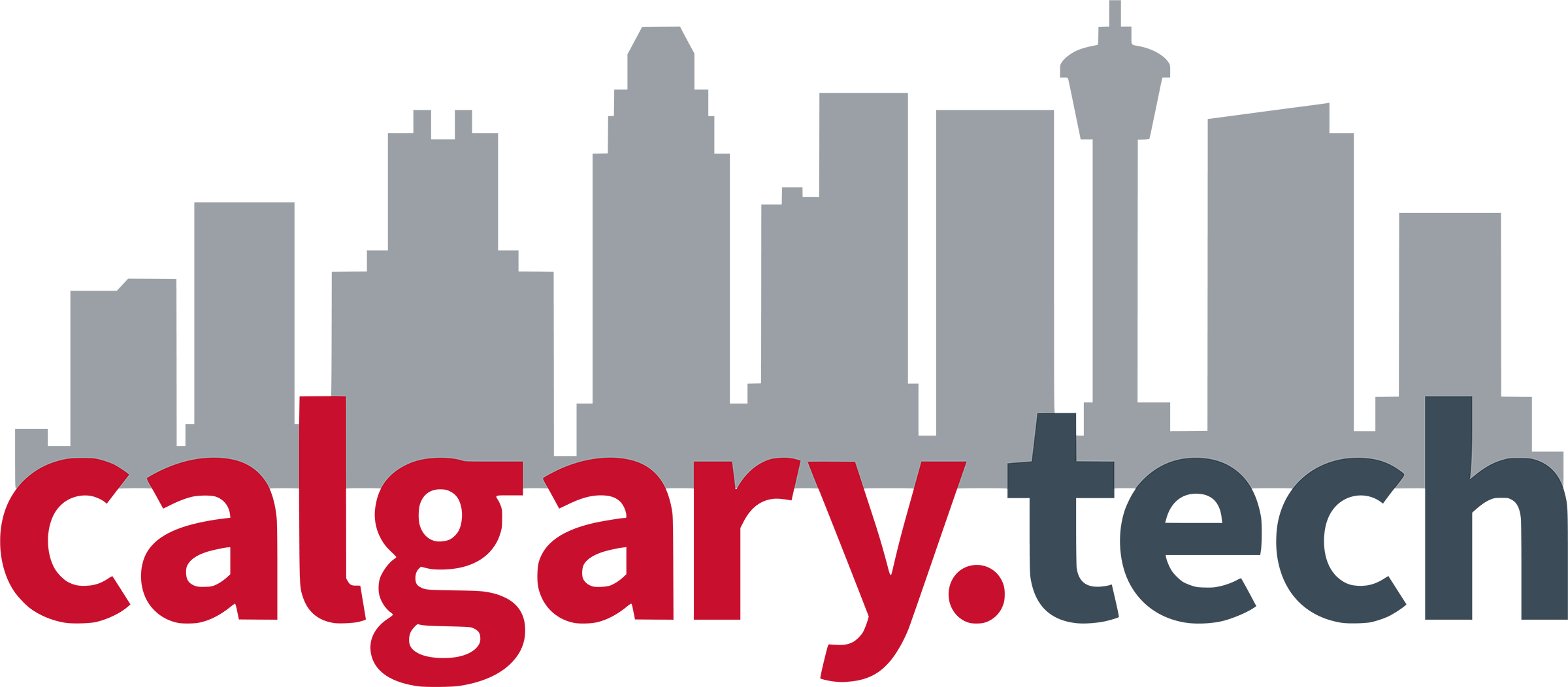
Startup Genome today released its first-ever report focused on global startup ecosystems in the blue economy.
The report looks at the current state of startup activity and related investment in the blue economy, where rankings reflect which global ecosystems are driving innovation through startups and related activities. It aims to provide information for founders, investors, and policymakers with an overall goal of both mitigating climate change around the world, according to Startup Genome.
Four Canadian startup ecosystems placed in the report’s rankings. The Atlantic Canada region performed best, cracking the top 10, while Vancouver ranked 14th.
Calgary scored very well as a land-locked region, ranking 26th overall, ahead of Toronto-Waterloo at 35th. Calgary scored high on factors such as Legacy and Focus, ranking similar to Dublin and New Zealand globally.
“Calgary is an exciting place to be for those in the tech and innovation space,” stated Doug Schweitzer, Minister of Jobs, Economy, and Innovation recently. We’re leading the continent in tech talent growth. Momentum is on Alberta’s side.”
Atlantic Canada and Vancouver—which boasts a no-longer hidden gem of a water tech industry—were also named the fourth and fifth of the top five ecosystems in North America.
Described as being in its early stages, the blue economy is increasingly becoming a global conversation focused on the accelerated development of ocean technologies that help address climate change and contribute to a healthier planet, and also create sustainable economic opportunity in the process.
“The blue economy is an increasingly global conversation where made in Canada innovation is helping solve some of the biggest challenges in ocean,” says Kendra MacDonald, CEO Canada’s Ocean Supercluster. “We are thrilled to see Canadian startup ecosystems ranking amongst global leaders in this report, knowing there is much more for us to do together.”
Canada’s identity as an ocean nation has been built around an abundance of marine resources that helped sustain communities and people in the Atlantic, Pacific, and Arctic who endured harsh conditions and uncertain waters to build thriving ocean sectors such as fisheries, offshore energy, and transportation, according to Startup Genome. Today, these sectors and other emerging ones are thriving in new ways, leveraging advancing technologies across expanded areas of focus reflective of the world’s attention on the blue economy.
Canada also has a strong research community that is increasingly leading to startups, and as a result innovators and their investors are starting and scaling more ocean companies, the report shows. Startup Genome suggests that game-changing ideas servicing sectors including fisheries, aquaculture, offshore energy, marine renewables, transportation, defense, and ocean technology prove Canada’s ocean startup ecosystem is quickly growing stronger.
Blue economy incubators and accelerators in Canada are often oversubscribed, the report notes, and there are ocean innovation hubs established and growing across Canada including Rimouski, Quebec; Halifax, Nova Scotia; Victoria, British Columbia; and St. John’s, Newfoundland, and Labrador.
According to Liette Lamonde, managing director at Startup Montréal, working with local and international partners and different stakeholders in developing systemic initiatives is the only way to create impact. And it is this strategy that put Atlantic Canada in 10th place challenging ecosystems such as Amsterdam and Singapore, she says.
“Every industry should take note of the collaboration that exists on the Blue Economy between business leaders, government officials and innovation hubs,” affirms Lamonde.


Leave a Reply